Food safety tips when travelling
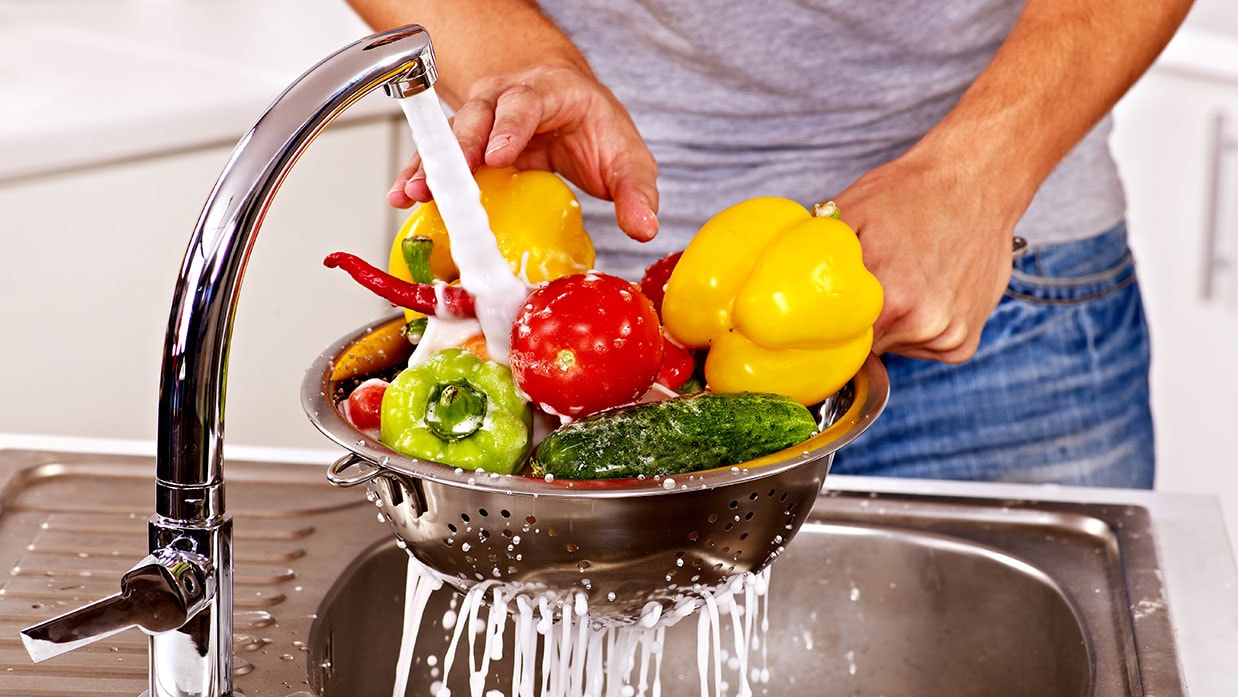
Many of us love to sample new foods during our travels. In the midst of all that indulgence, it is all too easy to forget food safety and the risk of contracting foodborne illnesses, which can ruin our holidays by sending us on seemingly endless trips to the restroom. But foodborne illnesses are preventable if we exercise care and caution with the food we eat.
Here are some tips for a safe and indulgent adventure abroad!
1. Avoid tap water

Depending on the country you visit, tap water may not be safe for consumption as it may be contaminated by viruses and bacteria that can cause diseases. Water that has been contaminated can make you ill, even if consumed in small amounts. Stick to bottled water where possible and drink only beverages that are served piping hot, such as coffee or tea. Avoid having ice cubes in your beverages as it is likely that they were made from tap water.
2. Avoid raw foods
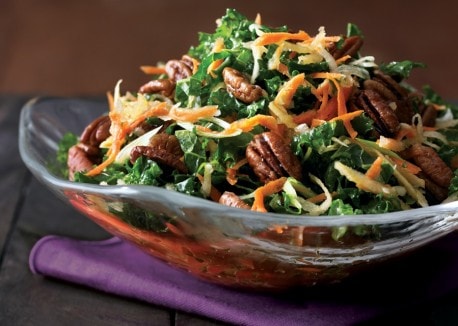
Again, this is largely dependent on the country that you visit. For countries where tap water is not safe for consumption, raw foods which include salads and undercooked vegetables should be avoided as it is likely that tap water had been used to wash the vegetables. Other raw foods that should be avoided are raw or undercooked meat, seafood and eggs as well as unpasteurised dairy products, whether it is milk or cheese.
3. Eat food that is piping hot
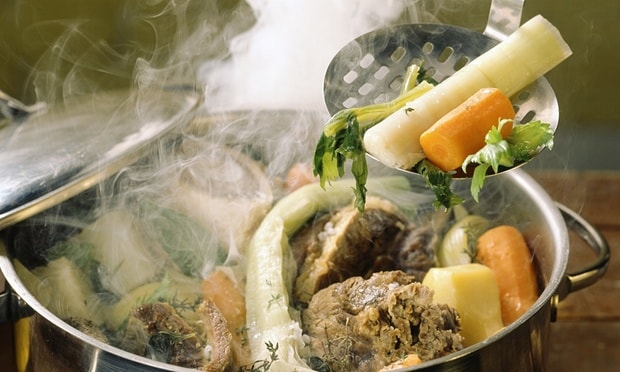
If you are visiting a country where foodborne illnesses are prevalent, you should be eating foods that are served piping hot when dining out. This is because high temperatures will destroy the germs and bacteria that can make you ill, such that the cooked food you eat is safe for consumption. You should also take extra care when ordering street food – only order from a vendor where food is prepared on the spot, not to mention in a hygienic manner.
4. Fruits
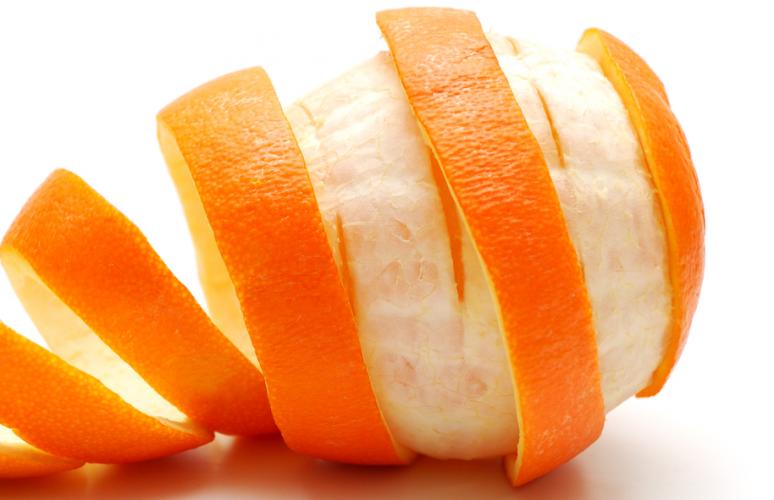
You can still enjoy the goodness of fruits when you travel – stick to fruits that can be peeled and do not require washing before consumption. Germs are highly unlikely to get into fruits that can be peeled. Such fruits include oranges, bananas, mangoes, kiwis and melons. If you insist on washing your fruits before eating them, use bottled water to do so.
5. Go with the flow when eating out
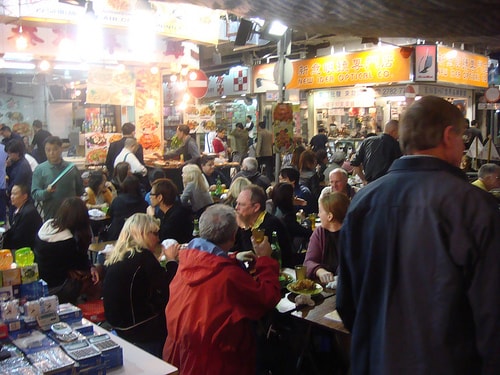
This may sound counter-intuitive but when in doubt, dine at eateries that are packed with patrons, especially in countries where foodborne illnesses are prevalent. Eateries that are crowded are less likely to serve foods that will make you ill or they would not even be frequented by patrons. If you are looking to have street food, head to vendors with plenty of customers – it is unlikely that food served by popular vendors have been sitting for many hours around though it is always good to check.
[icegram campaigns=”612″]
